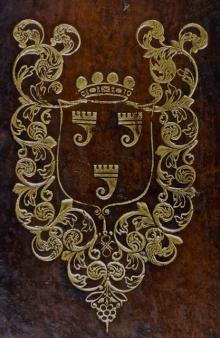Granville, George, 1st Baron Lansdowne, of Bideford (1667 -1735)
Poet, playwright, a staunch Tory and Jacobite, George Granville was the second son of Bernard Granville, and Anne, daughter and heiress of Cuthbert Morley. His father’s brother was John Granville, 1st Earl of Bath (1628-1701). In 1677 he entered Trinity College, Cambridge, where he embarked upon a literary career, writing occasional verse and plays. Among his literary acquaintances were John Dryden, and Alexander Pope. In December 1711 he married Lady Mary Villiers, daughter of Edward Villiers, 1st Earl of Jersey and Barbara Chiffinch,. Through the influence of his uncle’s family, he was elected MP for Fowey in 1702, and made governor of Pendennis Castle the following year. The height of his fame during the Godolphin-Marlborough administration came from his spirited defence of Henry Sacheverell in 1710. After the fall of the Godolphin government, Granville became MP for Cornwall, and on 28 September 1710 he was appointed Secretary of War. In 1712 he was made a Privy Counsellor, following his elevation to the peerage as 1st Baron Lansdowne, of Bideford in Devon. On the Hanoverian succession in 1714, almost all the Tories who held office under Anne were dismissed. The embittered Lord Lansdowne began a secret correspondence with the Jacobite pretender "James III". This came to nothing, but on 3 November 1722, James created him "Duke of Albemarle", "Marquis Monck and Fitzhemmon", "Earl of Bath", "Viscount Bevil", and "Baron Lansdown of Bideford" in the Jacobite Peerage of England. With no male issue, on his death in 1735 the title became extinct.

